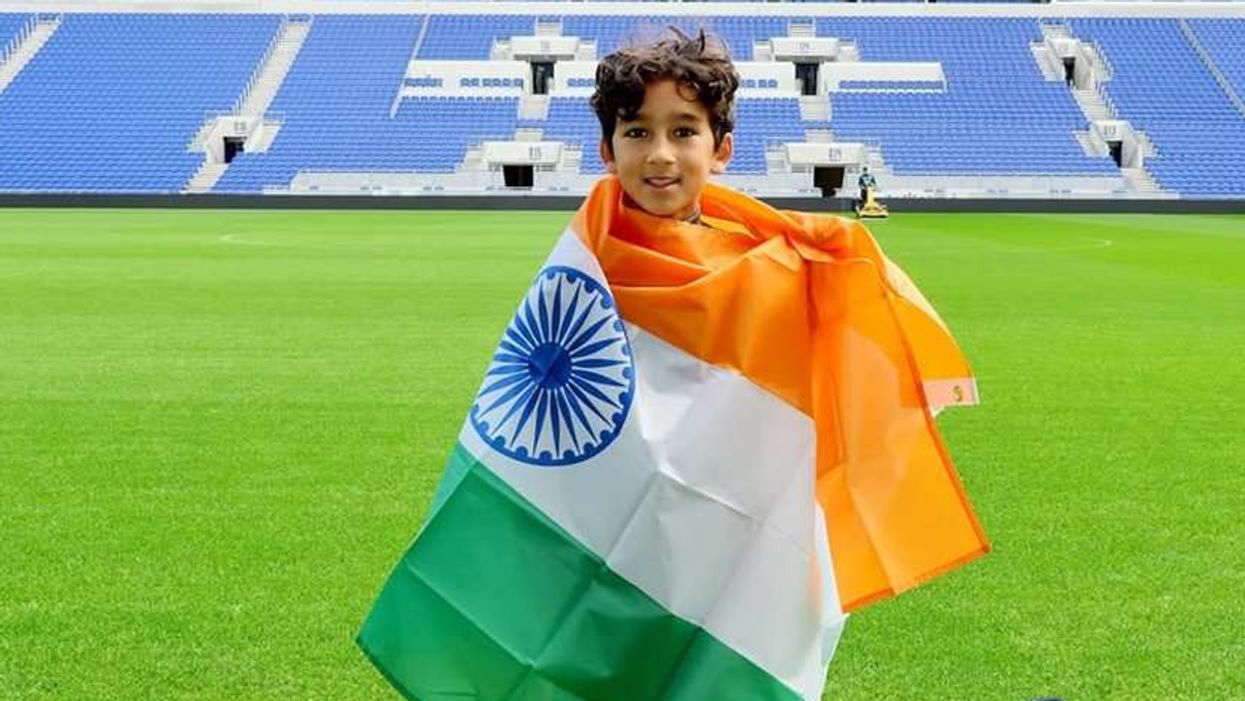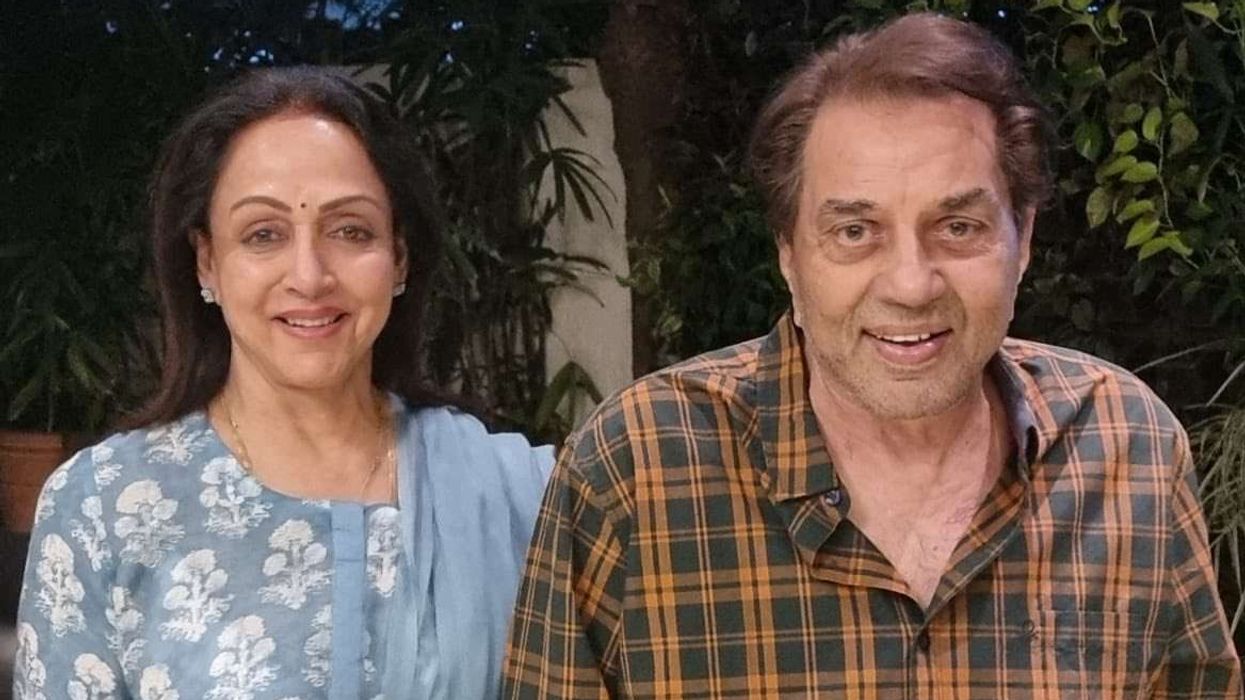By Asjad Nazir
WHETHER it is doing his own stunts, tackling taboo topics, taking on challenging roles or working harder than any other A-list star, Akshay Kumar has always pushed himself beyond the limits.
He has done that again with his latest film Pad Man, which will perhaps be the most original commercial Hindi film release of the year. Inspired by a real life story, Pad Man sees him take on the role of Arunachalam Muruganantham, who went to the ends of the earth to provide an affordable sanitary pad for his wife to make her life better, even though the pursuit cost him his marriage.
It’s a role that maybe no other A-list star would have taken on, and one Akshay hopes will make a real difference.
Eastern Eye caught up with the actor to discuss Pad Man, the issues it covers, women empowerment, hard work, being fearless and more...
What was your first reaction when you received the subject of Pad Man?
I was incredibly intrigued by his story, which I think is the first reaction for the majority of people who hear about this film. This was because of the strong subject line, the issues and taboos relating to menstrual hygiene and the shocking data I was exposed to, which just appalled me. I mean, can you believe that this is not just a problem in our country; one in 10 girls in the UK live in period poverty, only 12 per cent of women in India wear sanitary pads, and over 20 per cent girls drop out of school due to their periods?
I think that will come as a surprise to most people...
It saddens me to learn that our wives, daughters, mothers and sisters have lived in shame all these centuries because of such an important biological occurrence. They’ve been made to feel inferior and ostracised from families and societies. It’s even cost some their lives. These issues are close to my heart, because after all my years even I’m only just becoming educated enough about many crisis’ countries suffer with everyday. I myself am ashamed how little I knew.
Really?
I wish I had known since childhood. It would have made me an even more understanding son, brother and husband if I had known or been able to share with the women in my home the menstrual difficulties they face. But because it’s kept so quiet through pressures of society and backward-thinking, it’s never a topic of discussion.
You’ve done different subjects in recent years, but did you think this was too out-of-the-box even for you?
There comes a time in one’s life when substance begins to matter more. I have established myself enough as an actor to now be able to venture into things that can benefit, as well as entertain people. When a man of fame or calibre comes out humbly, loud and respectfully proud to address a social issue of this magnitude, I can only hope people accept the bold move and embrace it with the same encouragement I have.
I think they will…
I can’t force people to see things the way they ‘should’ be seen, but through the power of entertainment I believe people will discover for themselves by watching this film that this is something to be approached, not tossed aside and stamped on with the shameful label of ‘too taboo.’ We need to start a conversation on menstruation and not be afraid to discuss the issues that have impacted women and girls worldwide for centuries. If many men were to cherish their wives’ lives the way I do in the film, they too will do anything to make every day of the month better for them! In Pad Man I show just how much I’m prepared to do to make my wife’s life a better one.
Were you aware of the story Pad Man is based on?
I was aware of Arunachalam Muruganantham’s story before I decided to make this film. I was perhaps somewhat naïve to the struggles women in our country face in terms of menstruation. I have lived with women all my life, yet I have learnt more making this film than I’ve ever known even after being surrounded by women in my own family.
How closely did you interact with the gentleman the movie is based on before shooting?
Quite a bit! Arunachalam is an amazing person and meeting him was an enlightening experience. He took it upon himself to tackle the problems of menstrual hygiene that women across India are faced with. I learnt a lot from him, although it wasn’t always so easy. At first he was quite reluctant to speak to me, and later clarified that it was because he doesn’t like talking to men because they aren’t usually the most understanding! I loved his phrase: ‘Woman strong will make country strong!’ which makes it into the film.
What was the biggest challenge you faced as an actor during this film?
I’m not sure if there were challenges in the traditional sense. The subject matter isn’t challenging, it’s natural. But what I did find a challenge was thinking about how I was going to convince others, particularly men, that it is not taboo. We all need to address menstruation and sanitary pads to improve the lives of women. To be honest, the only way I thought we could really breakdown the taboos and sensitise people to have even a conversation about periods was to begin the conversation ourselves on one of the biggest mediums possible, cinema! And of course, whenever taking on a role, there’s always a challenge to do justice to it.
What is your favourite moment in Pad Man?
It has to be the monologue I deliver during the climax of the film on foreign shores. It typifies everything we are trying to communicate to the world with the film. I just hope the message reverberates loud and clear.
What is R Balki like as a director?
Balki Sir has written and directed Pad Man. He is a story-telling mastermind in his own right. He knows how to make people feel and how to bring a subject to the forefront without making it feel preachy and turn it into a movement. He creates such an incredible bond between an actor and the character, which stays with you for days on end. That’s why I feel his films evoke such a sentiment amongst the audience as they truly feel they are immersed in the story themselves.
What was it like working on a movie where your wife Twinkle Khanna is the producer?
I wasn’t even her first choice for the role! In all seriousness, working with Tina made me even more determined to deliver my best because it was her project. This film has been her passion from the start and she is totally involved in everything. This is a journey we are taking together for the first time. I am proud that it is a film on a topic that will have an impact on many women’s lives and hopefully our society.
Who are you hoping most connects to this film?
We are very keen for everyone in the whole family to see it, but particularly hoping it connects with men as they can help create the change we need. So please bring along your uncles, fathers, husbands, sons, brothers and boy mates. One of my favourite parts of this film has been to open my social media account and see that it is the men talking about pads. That is what I wanted. That’s why Pad Man is a drama; it makes more of an impact than a documentary!
Are you hoping to open up a long-term debate with the movie?
Absolutely! If you change nothing, how will anything change? I hope Pad Man is a conversation starter to help break taboos and tackle stigma. We need to educate and create awareness, reaching the places where it is needed, to help encourage people to speak openly about these topics.
How much do you believe in women’s rights?
I am a strong believer in women’s rights and ensuring all girls and women live an empowered life to reach their full potential. I have said in the past that a society that can’t respect its women can hardly be called a human society. Yet right around the world we see women excluded from everyday life, just because they are on their period. It’s time to end the taboo. It is time to treat menstrual hygiene with a mature attitude and ensure every girl and woman on this planet has menstrual dignity. It is a basic necessity for women to have free access to sanitary pads. It’s their right.
How much of a role do men have to play to get women their rights?
They have a very important role to play as that is where the change also needs to come. It is shocking to see the suffering that women go through when they are on their periods, and men must play their part to end the taboo. One victory for Pad Man so far is that men have started discussing periods, positively and negatively; whatever it is, it’s got us men talking.
You have been on a remarkable run at the box office in recent years; has that put added pressure on you ahead of the release?
Not really. This film is about raising awareness of the issues facing women. Earning money is secondary. The aim is to get the film’s message out to as many people and places where it is needed.
You have always come across as fearless; where does that fighting instinct come from?
There was a time I had nothing; no fame, career or money. All I had was my parent’s blessings. And let’s not forget the run I had at the box office a good few years ago either! I have learnt to persist, live an honest life, and to remember that come what may I have my biggest anchors in life; my wife, children, mother and sister. That instinct to always press ahead comes from their belief and faith in me.
I love your versatility as an actor, but what do you most enjoy about the craft and your own performances?
This has definitely been one of my most exciting periods in my career. I’m really enjoying my work and how it’s been received lately. Mass masala will always be a favourite in our country, but times are changing and so are people’s tastes in films, life, ethics and equality. Everything has to be a conscious decision, timed and planned. just like my comedy sketches. I didn’t suddenly wake up one day and say I want to be more serious about my career. The timing was right in my life and my desire to make a change in the substance of my films; the want to give my audiences more than a laugh and a giggle. It really is an exciting time to experiment with what we can produce as an industry with India’s best interests at heart.
What is the secret of keeping such a high standard for so long?
Good health gives me the stamina to go on. A peaceful mind gives me the conscience to make the right decisions, and my wonderful wife and family give me the backbone to keep me strong.
What is the key advice you would give a young actor?
The same as any job: be disciplined, be punctual, work with passion and respect your producer’s time and money. They are the ones that keep you employed.
How do you keep going on days when you are feeling emotionally and physically tired?
Everyone has good and bad days, the kind where you don’t want to leave your bed. But you literally just have to plough through as I have. So many people depend on me to turn up to set on time. We’re all cogs in a wheel and have an important role to play.
You inspire a lot of people, but today who or what inspires you most?
Yes it’s clichéd, but my wife and children with their insights and tenacity. Then the stories of real superheroes such as Arunachalam just make you wonder and smile that we have such a bigger role to play in life and our life hasn’t really started.
Why should we go watch Pad Man?
Pad Man has it all! A love story, emotions and drama, but above all, it has sincerity. Pad Man deals in ending every single taboo around menstruation globally to ensure everyone can live a life of dignity. We have started that conversation but need our audiences to take this forward.
Pad Man is released on February 9th.
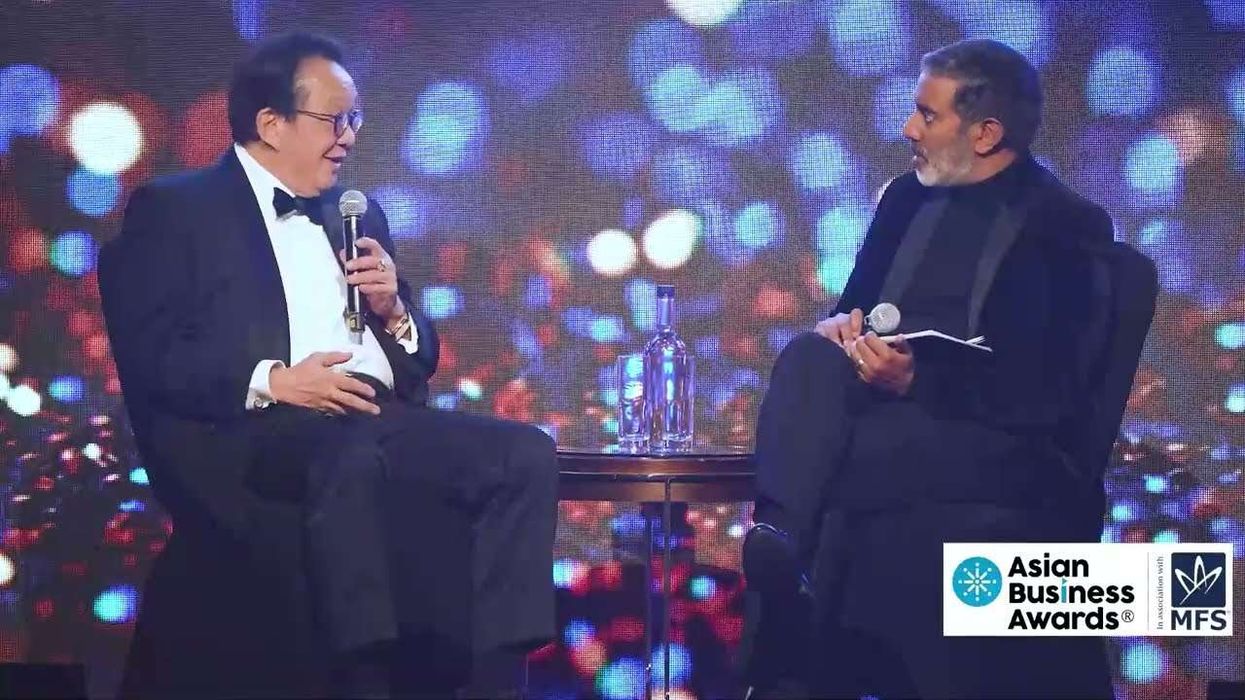

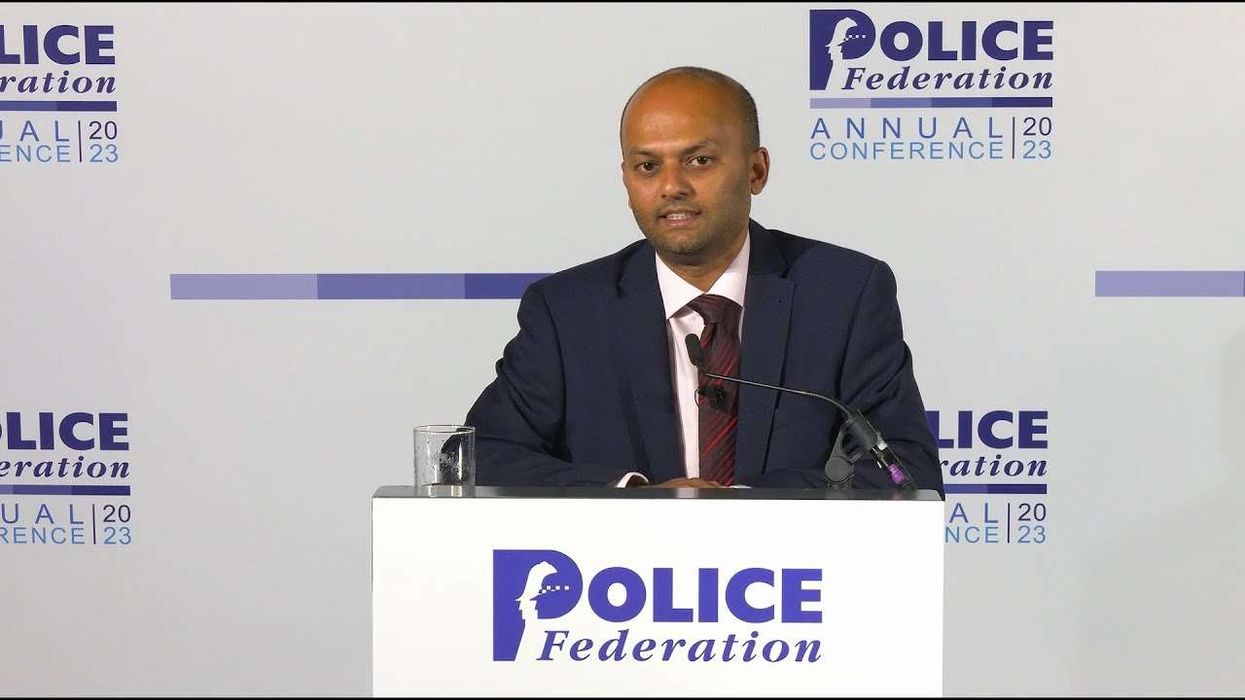
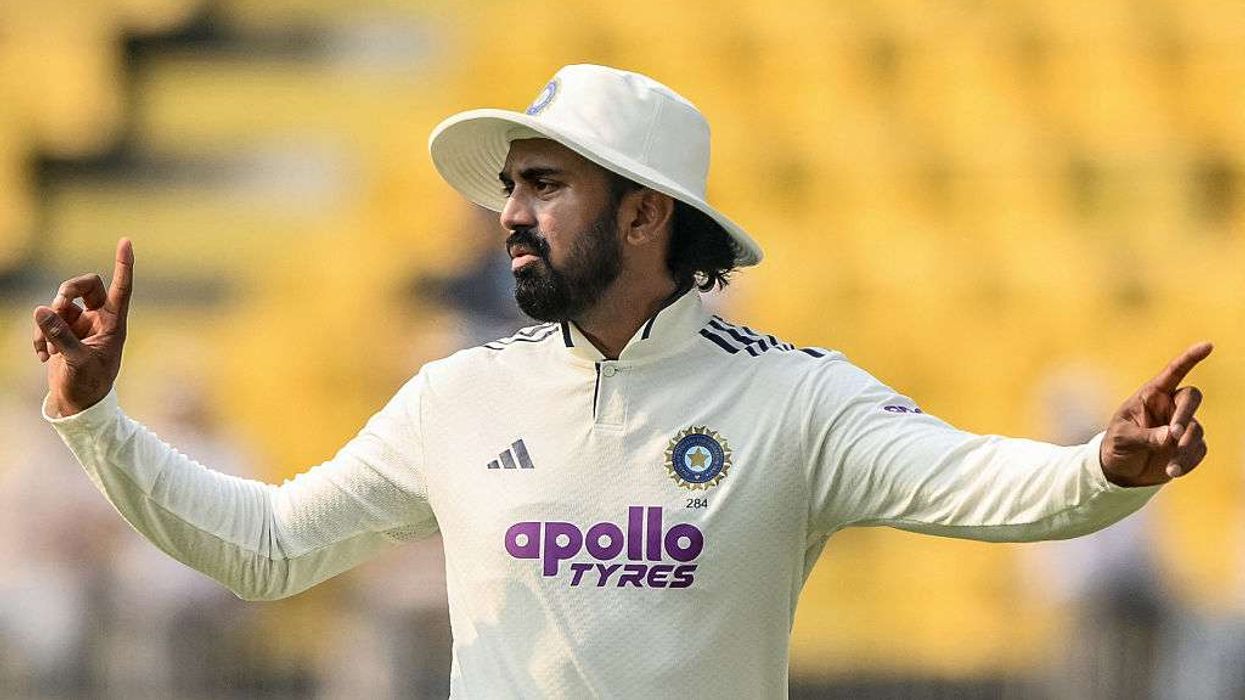

 Holiday fans celebrate Leona Lewis' One More Sleep topping the UK streaming charts Youtube Screengrab
Holiday fans celebrate Leona Lewis' One More Sleep topping the UK streaming charts Youtube Screengrab 